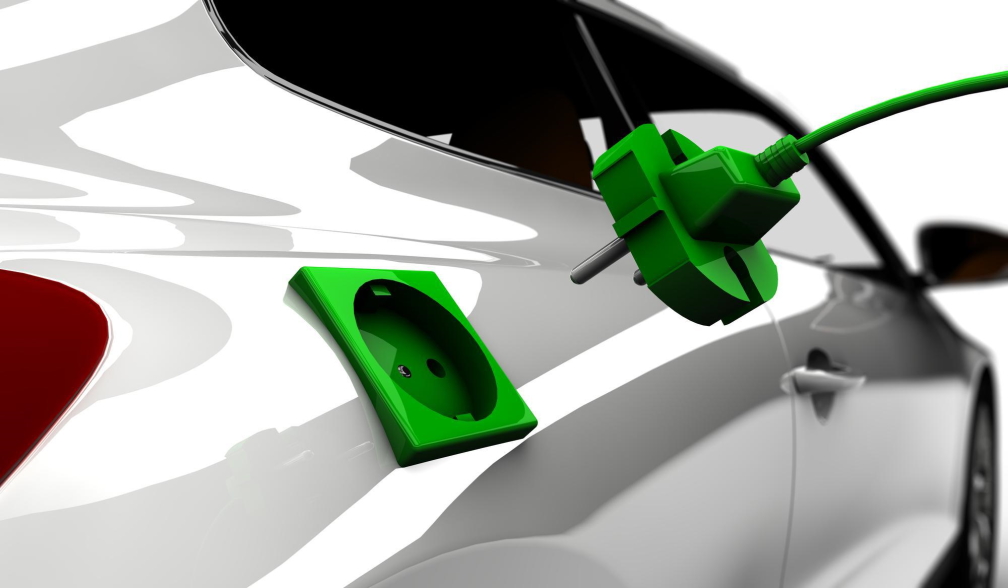EV Charging 101 - How EV Chargers Work

Most potential electric vehicle (EV) owners have concerns about charging their vehicles. That's understandable, considering we spend most of our lives driving gas-powered cars.
As more Australians embrace the relatively new technology, EV charging stations are becoming common. The beauty of EVs is that you can install a charging station at home for more convenience.
Let’s explore how EV chargers work to help you understand which type of charger you need at home.
What are EV Chargers?
EV chargers or charging stations deliver energy to charge an EV battery from an electric source. The vehicle's charger converts the power from alternating current (AC) to direct current (DC).
The EV charger gets the electrical current from a connected power grid or a 240v outlet. It works the same as plugging any other appliance into a wall outlet.
Generally, all EVs have a charging cable. The cable has a three-pin plug that can fit into any powerpoint. The charging rate depends on the power point’s amperage, usually 15A or 10A (3.5kW or 2.3kW). For instance, a 40kWh EV can charge fully in about twenty-four hours, but a 100kWh will take longer.
Leaving the EV charging overnight is best if your battery is below the midpoint. You can also charge your EV battery during the day using a solar PV system to save energy costs.
If you have limited time to charge your EV, it’s best to use a public fast-charging station.
Charging Levels
As an EV owner, you can charge at home or at public charging stations at various shopping centres or work. There are three primary types of EV charging: Level 3 or DC fast charging, Level 2 and Level 1.
Level 1 - Portable EVSE
Level 1 chargers can plug into a regular wall socket and require a 120-volt (V) AC plug. These chargers work at home without the need to install additional equipment.
Level 1 chargers deliver power at two to five miles (3 to 8 kilometres) of range per hour and are the most affordable option. However, they take longer to charge the EV battery fully. Most homeowners plug in the car to charge overnight.
Level 2 - Wall Chargers
Level 2 chargers are suitable for commercial and residential use. Commercial level 2 chargers require a 208 V plug, while residential level 2 chargers need a 240 V plug.
It's impossible to plug level 2 chargers into standard wall outlets, but they work faster than level 1 chargers. They require installation by a professional electrician. Level 2 chargers typically charge 10 to 50 miles (16 to 80 km) of range per hour and can work with a solar panel system.
Level 3 - DC Fast Chargers
Level 3 or DC Fast Chargers are the fastest and primarily used in industrial or commercial applications. These chargers require high-powered specialized equipment for maintenance and installation.
DC Fast Chargers can deliver up to 60 to 80 miles (97 to 129 km) of range in only 20 minutes.
Conclusion
Installing a charging station at home is the best way to enjoy your EV stress-free. A home charger is cheaper, more convenient and safer than a public charging station.
Hiring a qualified electrician to install your EV charging station properly is best.







